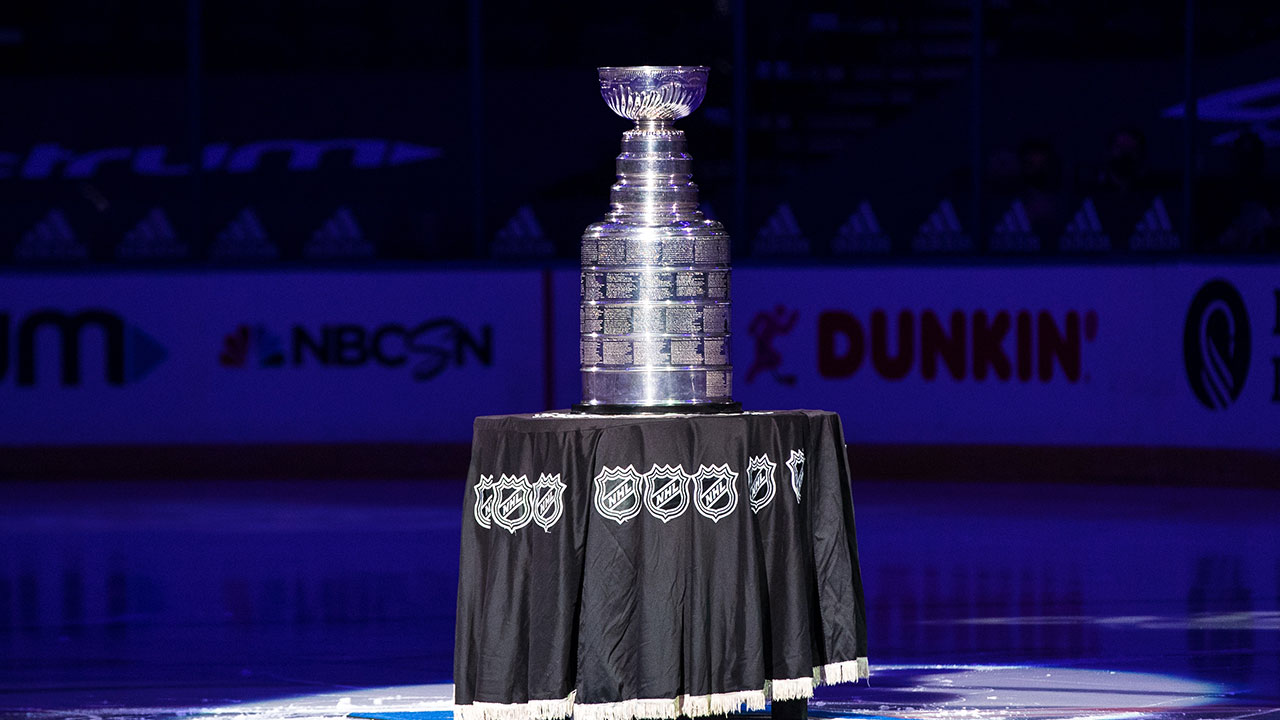High school football won't take the field this fall, but that doesn’t mean other youth sports won’t. The argument to play or not to play for any high risk sport seems to have a grey area.
Rich Photos had to pull the plug on Southern Connecticut Pop Warner Football in August.
“I tried to keep it going, I really did,” said Photos, who serves as the program’s president.
At the same time, the West Hartford Youth Hockey was easing back onto the ice with plenty of modifications: dressing at home, no locker rooms, mandatory masks off the ice, cohorts on the ice.
“You know, putting on your gear at home has been a little weird,” said Graham Wiggenhauser, an eighth-grader in the program.
Two high risk sports, two different outcomes and both are using guidelines from the department of health to make their decision.
Sports
“I have four kids in this program, there was no chance I was going to put them out there unless I thought it was safe,” said Jon Bankoff, West Hartford Youth Hockey president.
“They're going to shut down high school football, but it's OK for a 13- or 14-year-old youth kid to do it,” said Photos.
That's where there's confusion: Under Phase 2 of Connecticut's reopen plan, high risk sports have been allowed to hold practices and play games since July 6, but the state recommends high risk high school sports, like football postpone to the spring.
“Almost weekly we're meeting and talking particularly with an eye towards what Connecticut Interscholastic Athletic Conference has been meeting and talking about,” said Bankoff.
Competing recommendations that have people like Photos making an unpopular choice
“I've gotten word that kids are crying and parents are upset. I'm upset too,” said Photos. “This is not something that I wanted to do."
While leagues debate, to play or not to play, and even as some independent football leagues take shape to supplement the high school game, health experts encourage everyone to be patient.
“Maybe there's emerging data from Texas and Utah and places that are playing sports, maybe we can find information before we do something radical like starting independent sports teams or banning things,” said Dr. Sten Vermund, epidemiologist, pediatrician and dean at Yale School of Public Health.
Those who are playing, like Bankoff's youth hockey league, said the key is just continuing to listen and ask questions.
“This is youth sports and it’s important and we love being out there and coaching and being with our kids but the priorities need to be balanced,” said Bankoff.
The recommendation on high school football was a specific request from the CIAC to the state Department of Public Health outside of its Phase 2 guidelines, but DPH said the decision to play for both high school sports and private youth sports is ultimately up to leagues and individuals on a local level.
“Eventually, they're making us, whether it be the bad guy or the good guy or the good guy could become the bad guy because if they get an outbreak,” said Bankoff. “It shouldn't be this difficult.”



